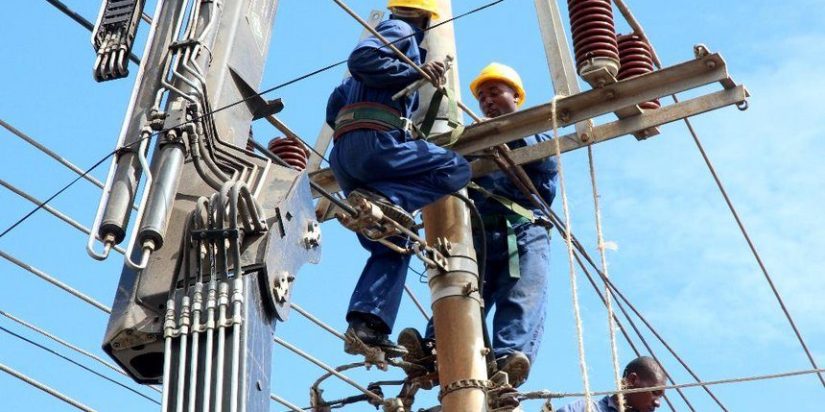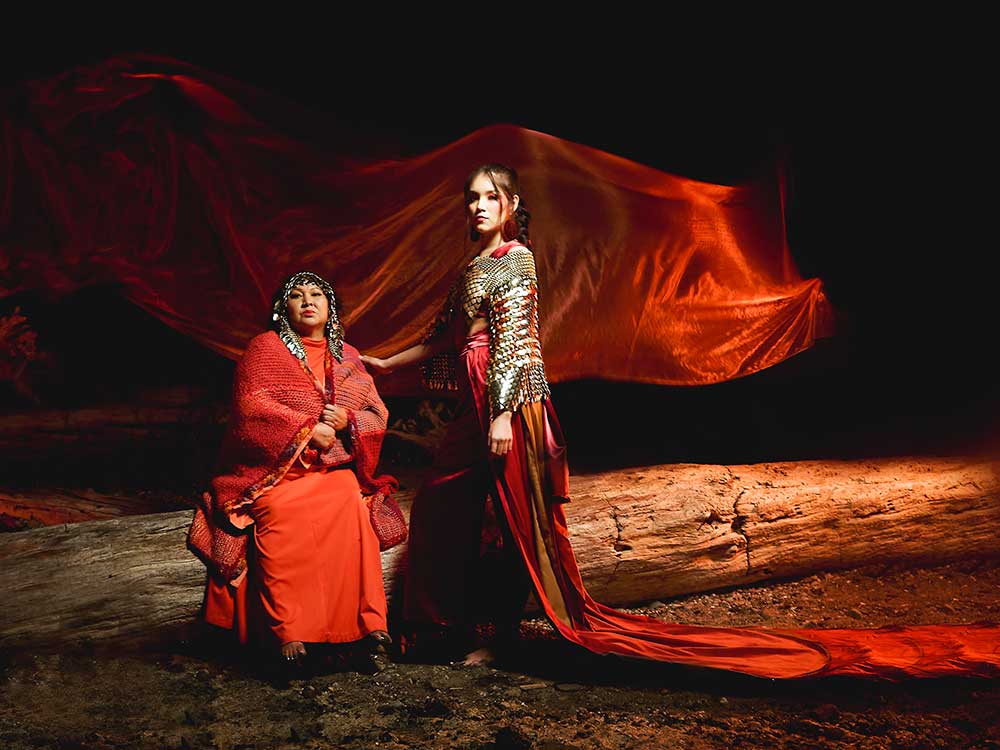
Tweet Facebook Mail Facebook is harnessing its facial recognition technology to put a stop to celebrity click bait scam ads as well as making it easier for everyday Aussies to recover their accounts. Well-known celebrities in Australia like Nine's Karl Stefanovic and Tracy Grimshaw along with high-profile business people such as Andrew "Twiggy" Forrest and Gina Rinehart have been the "faces" of everything from ads for cosmetics to investments - all of which are scams, tricking average Aussies into handing over cash. Dr Andrew Forrest is currently in the middle of legal action against Meta, the company that owns Facebook , in California over this very issue, claiming that Meta has profited from Advertising on its platform that included his likeness.
READ MORE: Man dead, major highway shut down after horror smash Chairman of Hancock Prospecting Gina Rinehart AO has herself been vocal about this issue, writing directly to Meta boss Mark Zuckerberg (Quinn Rooney/Getty Images) Chairman of Hancock Prospecting Gina Rinehart AO has herself been vocal about this issue , writing directly to Meta boss Mark Zuckerberg last year about scam ads on the platform featuring unauthorised use of her image. To combat this, Facebook is going back to the future. Drawing on Facial Recognition technology which they had already been using on their platform, to identify high-profile public figures within advertising before it is approved to run on Facebook.
Previously the technology allowed average users to find photos on Facebook which they should perhaps be "tagged" in. In 2021 Facebook announced they were shutting that down, in part because of debates around where these systems fit within society and the regulatory landscapes. Today, that same technology is back and will be trialled with 50,000 public figures, matching their profile picture with any image of video-based ads being uploaded to the platform.
READ MORE: Firebrand senator deletes image of decapitated King after social backlash That group of celebrities includes many previously impacted and will be expanded over time. David Agranovich, Meta's Director of Security Policy says the process happens before any user even sees the ad, telling 9News: "This process is done in real time and is faster and much more accurate than manual human reviews." In addition to the Celebrity Scam ad detection, Meta will use the same technology to enable a new "Selfie Verification" system which will help average users recover accounts which might have been compromised by scammers.
Uploading a video selfie will be a quick process and the Meta system will then compare that video to profile photos on the account to fast-track account recovery. Perhaps though, a case of too-little too-late for the many Australians who have already fallen victim to online scams or had their Facebook accounts compromised. Chairman of Hancock Prospecting Gina Rinehart told 9News: "I have been urging action on this for several years.
Elon Musk's platform has managed to almost eradicate the scamming problem, so why not Facebook? READ MORE: Vandals deface royal statue outside Sydney's QVB with red paint Andrew Forrest's case against Meta continues in the Northern District Division of the US Federal Court, St Jose, California. (The Sydney Morning Herald) "They have taken too long and done too little to address this. Facebook has made money in advertising revenue while enabling Australians to be scammed and suffer.
"Apologies aren't very helpful, but sending money Facebook has received to those who they have helped cause suffering to would be a helpful start." Meanwhile, Andrew Forrest's case against Meta continues in the Northern District Division of the US Federal Court, St Jose, California. Dr Forrest remains resolute that companies like Meta should be legally domiciled in Australia so they can be held accountable under Australian laws.
READ MORE: Truck driver killed in horror Sydney crash 'rarely' drove over bridge, friend says Australia named the most 'AI-addicted' country. See how others ranked View Gallery For their part, Meta's Vice President of Content Policy Monika Bickert says: "We're just as determined to stay ahead of them (scammers) and will keep building and testing new technical defences to strengthen our detection and enforcement capabilities." "We have vetted these measures through our robust privacy and risk review process and built important safeguards, like sending notifications to educate people on how they work, giving people controls and ensuring we delete people's facial data as soon as it's no longer needed.
"We'll continue to discuss our ongoing investments in this area with regulators, policymakers and other experts." FOLLOW US ON WHATSAPP HERE : Stay across all the latest in breaking news, celebrity and sport via our WhatsApp channel. No comments, no algorithm and nobody can see your private details.
.














